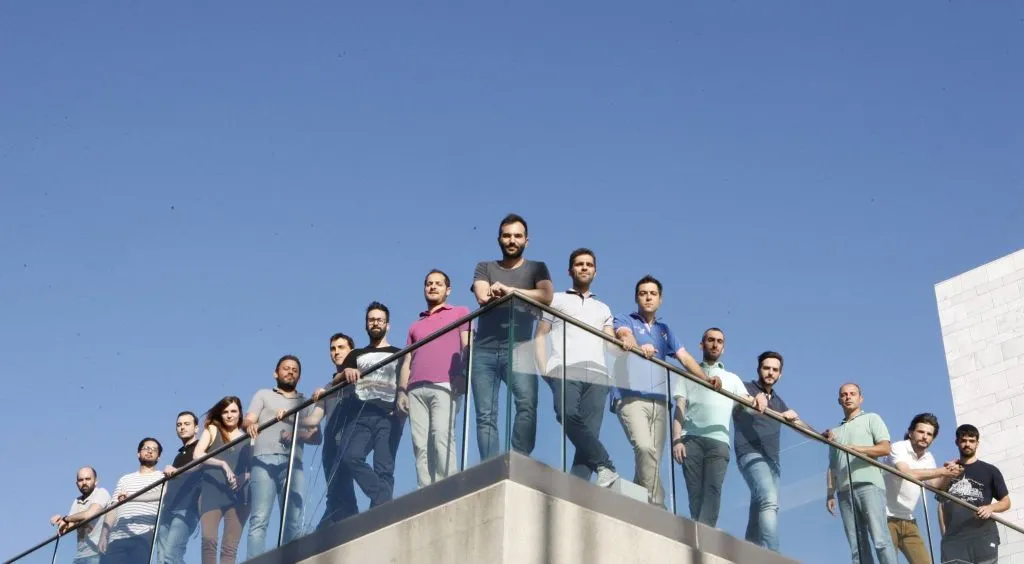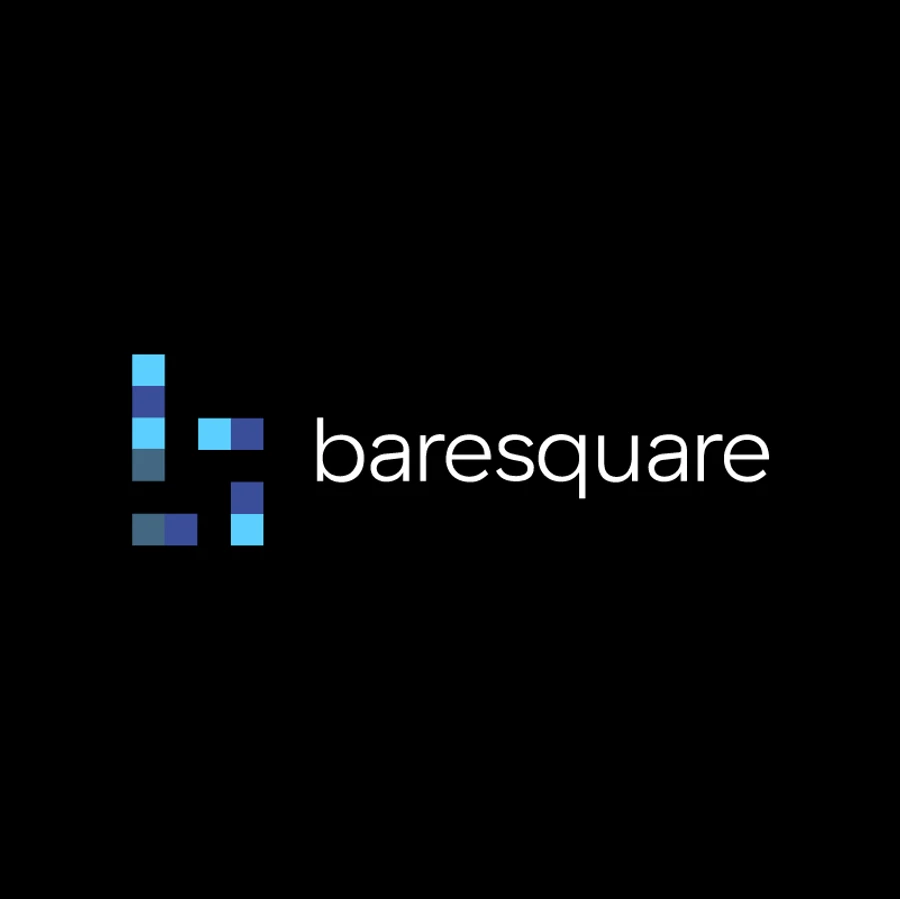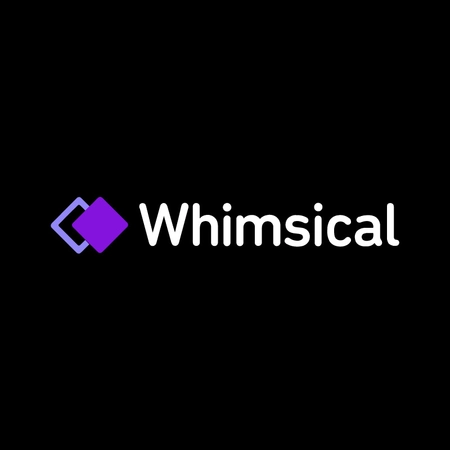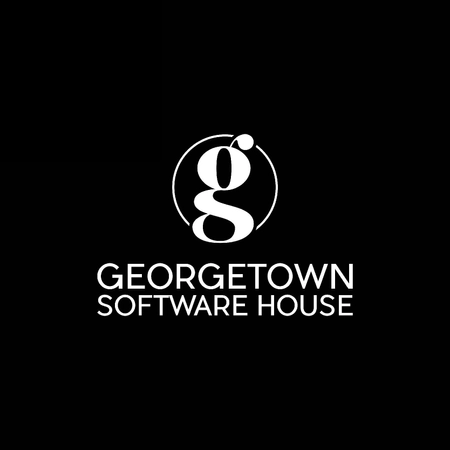Introduction
Baresquare is a digital analytics company. They provide the full data analytics pipeline, collecting and converting raw metrics data into human digestible knowledge. They have large clients including the Co-op Bank and Dixons Carphone, and they have a strategic partnership with SONY Electronics for a few years now.
Baresquare has been operating for 7-8 eight years and their diverse work-flows have included the use of R scripts and manual human processes. Two years ago they decided to fully automate their data-processing pipeline using Clojure.
I caught up with Georgios Grigoriadis (CEO) and Stathis Sideris (Architect) to find out more.

Background
Jon: Could you explain a bit more about what a digital analytics company does?
Georgios: We process collected raw data into useful information; we are in essence providing the data maturation pipeline Data -> Information -> Knowledge. We can take 1 million rows of metrics and process them into a single sentence that could be tweetable, to reveal what really happened in a day or a week of user behavior.
Jon: What’s involved in the processing?
Georgios: We’ve standardised the process of retrieving the data from sources such as Google Analytics, doing some massaging, and then performing a time series analysis looking for trends or exceptional cases. We carry out statistical analysis to probe the why behind the incidents and trends, and once the full picture has been established we provide a human digestible report.
The Clojure Story
Jon: How did Baresquare get started with Clojure?
Georgios: We originally had an external vendor in and we discussed outsourcing the whole thing - the pipeline as well as a new front-end. They proposed to do everything in Rails and this was our intention for a couple of months.
I then consulted Stathis and he advised to write the pipeline in Clojure. He was very strong with his view that the data processing requirements fit the specific characteristics of Clojure. Clojure is a functional and a Lisp language that is a good fit for data manipulation.
So we split the system in two - we outsourced the front end in Ruby and we used Clojure for the backend.

Stathis: This was an exploratory project in a sense. We didn’t know what the configuration of the pipeline would look like when we started, we wanted to make a generic processing pipeline that could be heavily configured to fit the specific requirements of our customers operating in different countries.
Clojure is good for iterating quickly. We needed to move fast, to make prototypes and to modify the pipeline accordingly. Flexibility is paramount.
Georgios: I didn’t have the intention of doing Clojure, it was an adventure that came up!
Stathis: The front end was well defined and was more outsourceable. The data-processing pipeline needed to be kept closer to the company - we wanted space to explore; to explore how to move from a human centric workflow to an automated one.
Georgios: We chose initially to use R for the data algorithms. Baresquare already had R expertise in-house and talking between Clojure and R was not a problem.
Jon: Is Baresquare doing more Clojure now?
Georgios: We had a proof of concept last year that we managed to deliver within 2-3 weeks of coding. The developer involved - Kosta - who was originally a Java developer, said that it would have taken him around four months in Java.
The proof of concept was successful - we put it straight into production and we haven’t had any issues since. This is not a usual story that I hear!
Jon: That’s great!
Georgios: Yes. It’s worth mentioning that we are not a start-up who have secured funding to create our software. Everything we do is bootstrapped, we are pivoting from being a services company to being a software house. There is a limited amount of time/money to invest, and so we have hard deadlines that are make or break. It’s critical to make the best use of our resources.

Clojure Onboarding
Jon: How has the Clojure onboarding process been for other developers?
Georgios: Our first in-house developers (Kostas and Panos) were new to Clojure and have been mentored by Stathis.
Stathis: Both coming from a background of heavy Java, they have adapted easily. Since then I’ve interacted with 4 developers, all of them enthusiastic about Clojure and using it at work. One started using some advanced libraries such as core.match, another being very diligent about using automated tests and so on. I provided some mentoring, but it was far from full time - about 1-2 sessions a week.
Georgios: We now have 2 senior developers and 2 junior developers coding Clojure.
Hiring
Jon: How has it been hiring for Clojure devs?
Georgios: It was difficult for us to hire the junior devs, although one directly approached us looking for Clojure in Greece. He said I love the language, can I work for you?
Otherwise I’ve found that the developers who are aware of Clojure or Scala are easier to convince that Clojure is worth the time.
Greece
Jon: What is the state of Clojure in Greece?
Stathis: There is an Athens Clojure Meetup, and there’s another two companies we know of in Athens using Clojure. It’s very early on in the Clojure journey here.
Georgios: I don’t feel nervous. There are lots of large companies using Clojure outside of Greece and so adoption is happening and picking up. I have the trust. The resourcing makes me a little nervous, but then you get people reaching out because of Clojure which is a good thing.
We are used to doing things our own way, and being a bit different.
Are you happy you chose Clojure?
Georgios: I feel we have made a really good investment into newer technologies and this helps us be agile and to adapt. I look at competitors that are going slower and I guess it’s also because of their legacy of old tech.
Also - I don’t feel trapped. Clojure is built on the JVM and so it’s well connected to other libraries and tools we might want to use, I like this very much. Clojure helps us attract good people, and we are thinking of using ClojureScript for a UI we need to build.
Stathis: There are some great platforms and tools we can potentially use in the Clojuresphere such as Onyx. The future is good.
Resources
Baresquare are hiring, check out their careers page and the company’s linked-in page.





